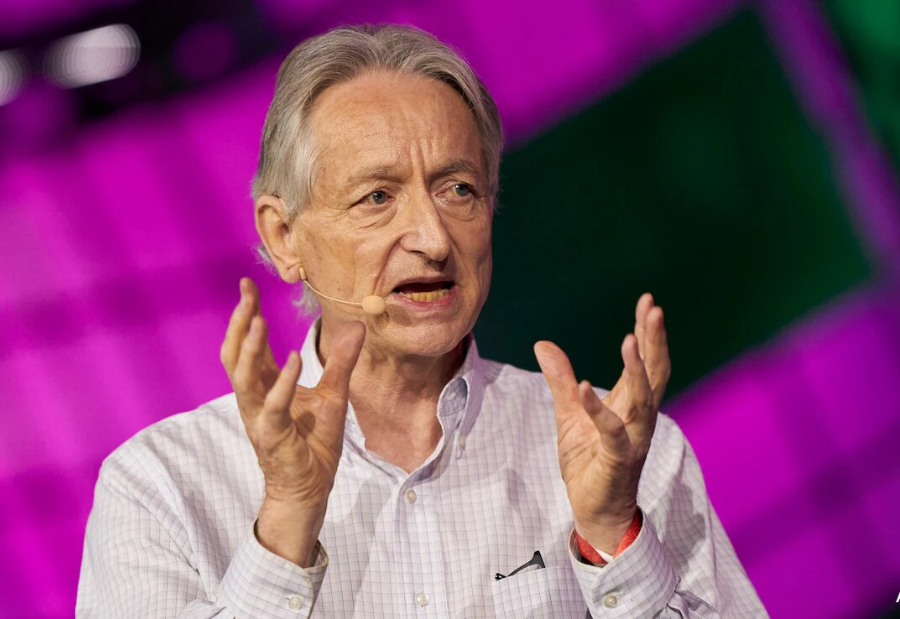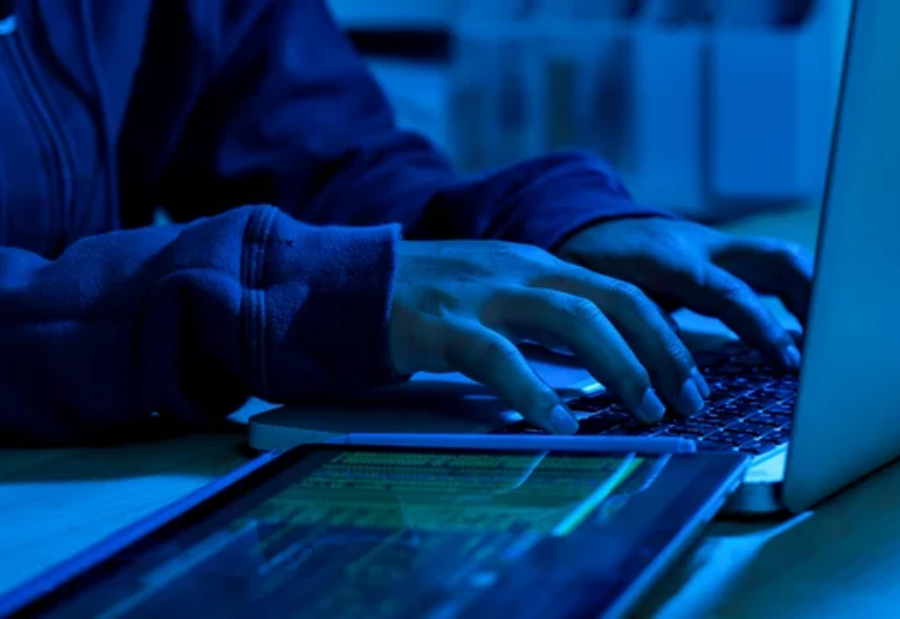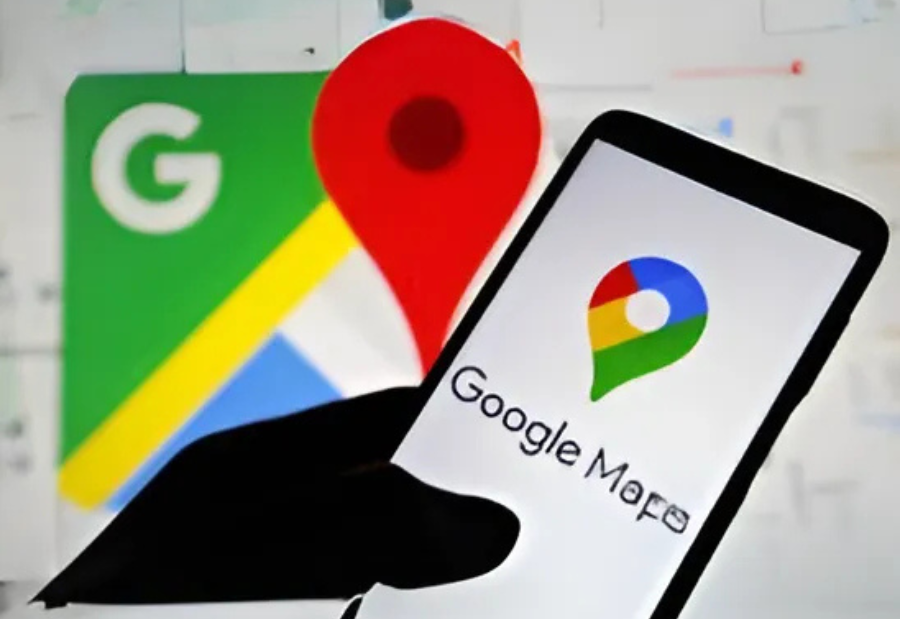The “Godfather of AI,” Geoffrey Hinton, is voicing worries about the speed at which AI is developing and the way that big tech corporations are downplaying its risks. Hinton stated in an interview with the One Decision podcast that although many business executives are aware of the hazards, they are not acting on them. “Many of the people in big companies, I think, are downplaying the risk publicly,” Hinton said. “People like Demis, for example, really do understand the risks and really want to do something about it.”
For their work on artificial neural networks, Hinton and John J. Hopfield shared the 2024 Nobel Prize in Physics. Hinton is also a Nobel Laureate. Actually, Hinton’s ten years of study helped to provide the foundation for the quick development of artificial intelligence that we see today. He is also cautioning, meanwhile, that sophisticated AI systems are growing increasingly intelligent and are even learning in ways that are not quite clear to humans.“The rate at which they’ve started working now is way beyond what anybody expected,” he said.
Godfather of AI also admitted that he regrets not recognizing these dangers earlier in his career: “I should have realized much sooner what the eventual dangers were going to be. I always thought the future was far off and I wish I had thought about safety sooner.”
After over ten years with Google, Hinton departed the firm in 2023. Many people believed that his resignation was a protest against its aggressive AI drive. Hinton stated in the podcast, however, that this story was overblown and not real. “There’s a wonderful story that the media loves this honest scientist who wanted to tell the truth so I had to leave Google. It’s a myth,” Hinton said. “I left Google because I was 75 and I couldn’t program effectively anymore but when I left, maybe I could talk about all these risks more freely.”
He added that staying at Google would have inevitably meant some level of self-censorship. “You can’t take their money and then not be influenced by what’s in their own interest,” he said.
Hinton also discussed Demis Hassabis on the podcast, praising him as one of the few leaders who “really wants to do something about” the dangers of artificial intelligence. Its AI research division is now led by Hassabis, who sold DeepMind to Google in 2014. He discusses their evolution, although he has long voiced worries about the possible abuse of sophisticated AI systems.
In a interview earlier this year, Hassabis said that he is concerned about artificial intelligence. However, he stated that he is more worried about the potential for the technology to end up in the wrong hands than he is about AI taking employment away.
“A bad actor could repurpose those same technologies for a harmful end,” Hassabis told. “And so one big thing is how do we restrict access to these systems, powerful systems, to bad actors but enable good actors to do many, many amazing things with it?”
Also read: Viksit Workforce for a Viksit Bharat
Do Follow: The Mainstream formerly known as CIO News LinkedIn Account | The Mainstream formerly known as CIO News Facebook | The Mainstream formerly known as CIO News Youtube | The Mainstream formerly known as CIO News Twitter |The Mainstream formerly known as CIO News Whatsapp Channel | The Mainstream formerly known as CIO News Instagram
About us:
The Mainstream formerly known as CIO News is a premier platform dedicated to delivering latest news, updates, and insights from the tech industry. With its strong foundation of intellectual property and thought leadership, the platform is well-positioned to stay ahead of the curve and lead conversations about how technology shapes our world. From its early days as CIO News to its rebranding as The Mainstream on November 28, 2024, it has been expanding its global reach, targeting key markets in the Middle East & Africa, ASEAN, the USA, and the UK. The Mainstream is a vision to put technology at the center of every conversation, inspiring professionals and organizations to embrace the future of tech.




